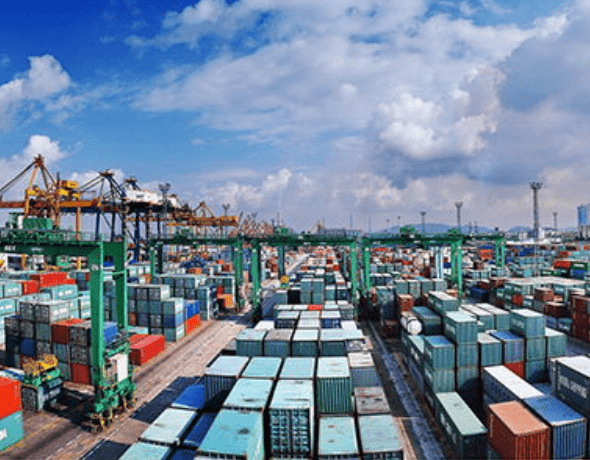A.P. Moller – Maersk forecasted that continuation of equipment shortage is expected in the near future across many locations throughout the Indian sub-continent, as various factors continue to impact the operator’s ability to reposition containers.
The Danish box carrier identified factors like increased customs inspections of refrigerated containers as a preventive measure against Covid-19, lack of labour due to pandemic restrictions across maritime and land ports, and vessel delays due to long waiting times outside major ports.
Maersk estimates that the road logistics market in the region will grow fuelled by the rising demand for consumer products. In India, the market is expected to grow at a compounded annual rate of 8% over the next five years, according to a RedCore’s study.
India’s Manufacturing Purchasing Manager Index (PMI) reached a 10-month high of 57.6 in November driven by domestic sales which was the main source for growth as exports orders rose slightly.
While elaborating the reasons behind the continuation of equipment shortage, Maersk said the current operational landscape remains very challenging reflected in more than 90 vessels of the operator are now at anchor outside Los Angeles and Long Beach waiting to discharge cargo.
The environment remains challenging across US ports due to a lack of trucking and chassis capacity. Similarly, waiting time outside main ports in the UK continues to be high due to a lack of truck drivers.
“Key ports across our global network remain stressed due to infrastructure bottlenecks and shortage of labour. We continue seeing that 10-20% of global capacity is being absorbed due to increased waiting times. This is despite all vessel capacity being deployed, and hence effective vessel capacity remains severely limited, causing missed sailings,” said Maersk in a market update.
The Copenhagen-based container line estimated that the waiting times at major ports in the Indian sub-continent and the Middle East, like Colombo, Chittagong, Salalah, Jebel Ali, Nhava Sheva, Mundra, Jeddah and Port Qasim, is less than two days, while a significant number of global ports have vessel waiting time of three to five days and over.
“Looking ahead, we expect that the supply chain chaos, as a result of port congestions, will persist until mid-2022. We are working to develop a new process to predict more accurate transit times in order to bring more clarity, accuracy and control to our customers,” concluded Maersk.
Sharar Nayel
Asia Correspondent







